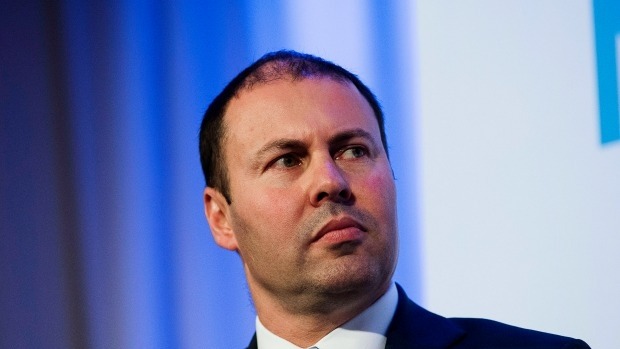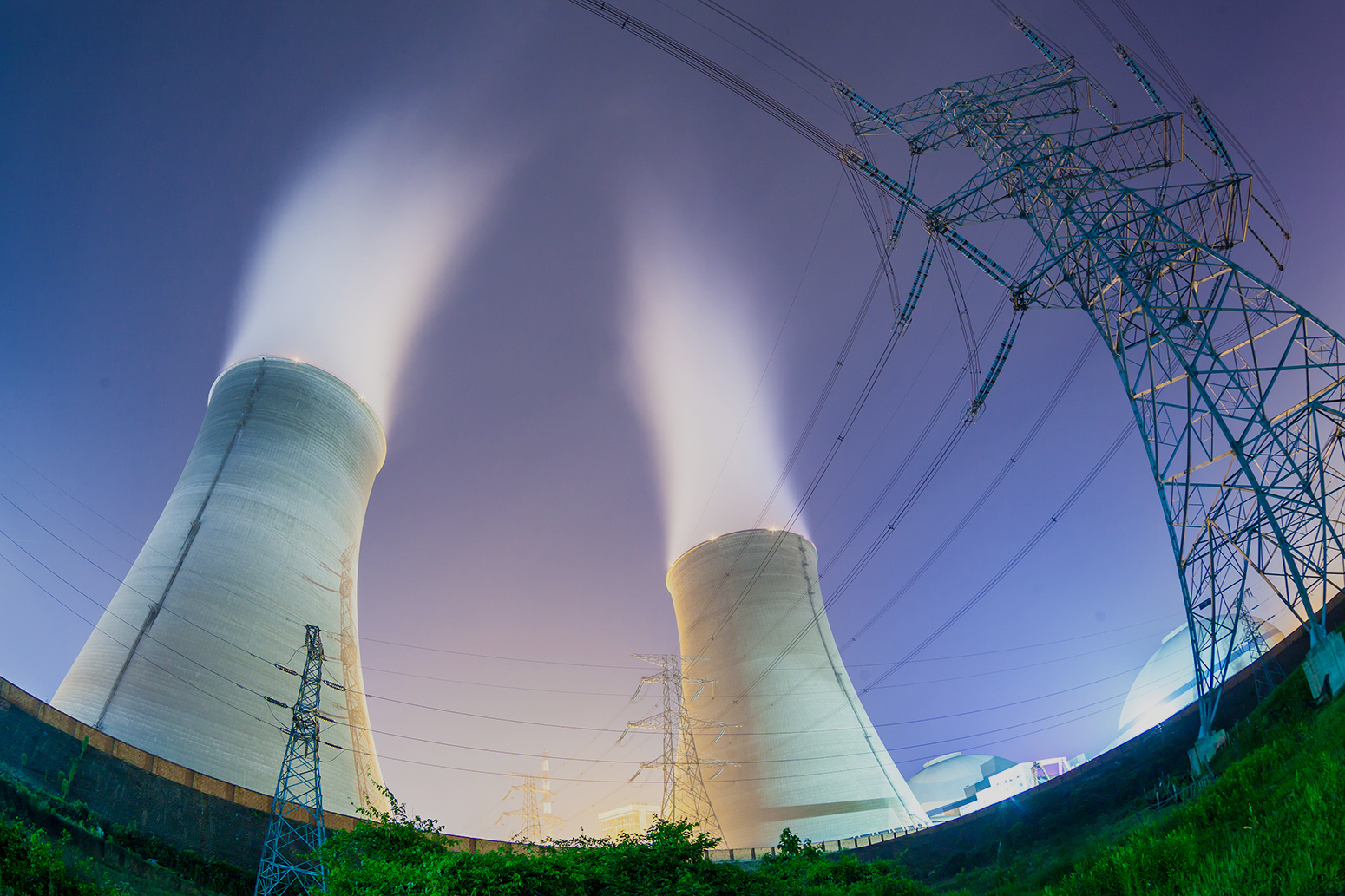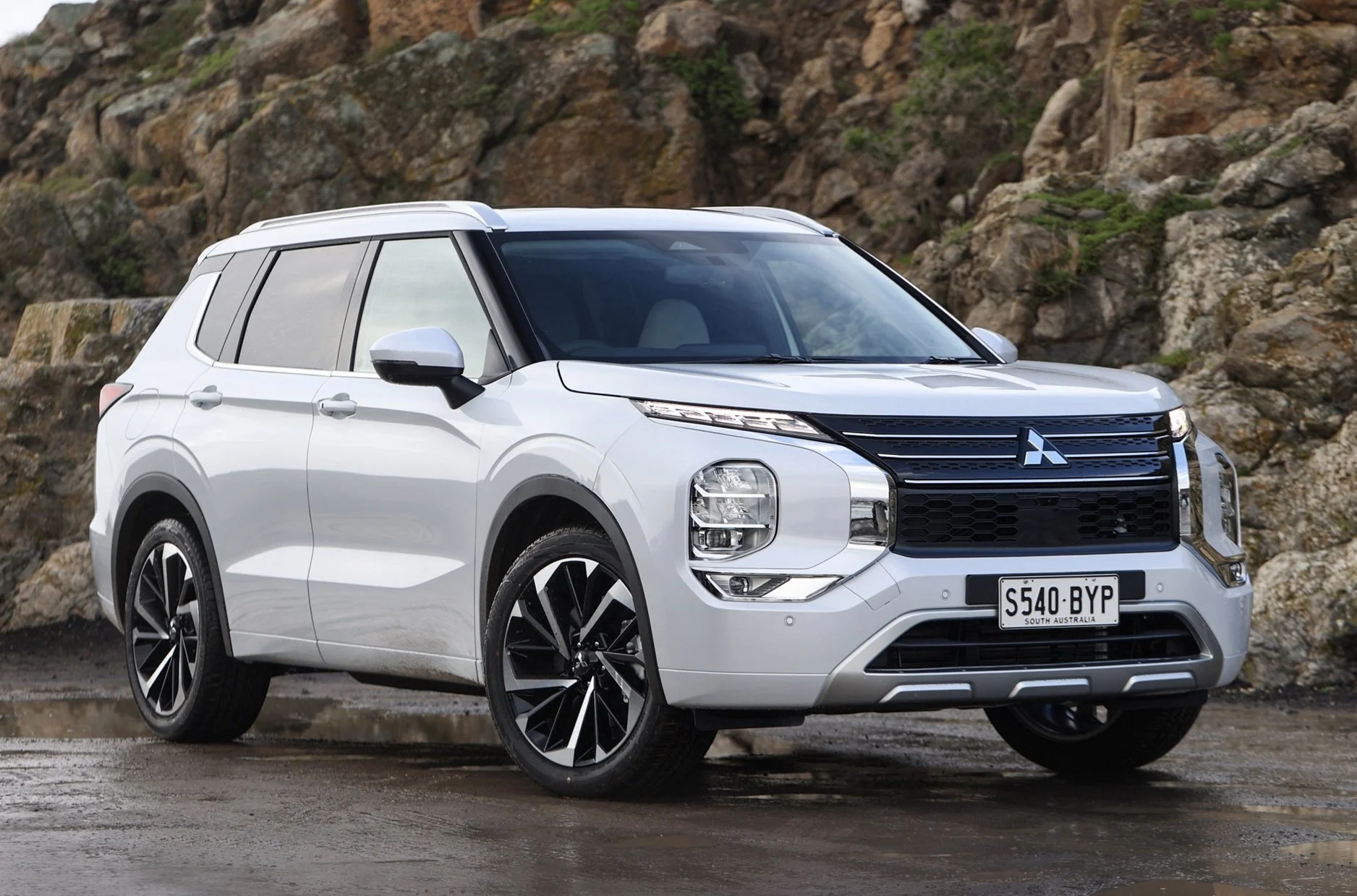Australia's Deadly Diesel Truck Emissions Disgrace
You think Volkswagen's Dieselgate criminality was bad? It was - but it's not half as bad as the cost of ministerial inaction in Australia. Fully one third of Australia's heavy trucks have no exhaust emissions controls - and you're sucking on the consequences right now.
VIDEO TRANSCRIPT
In the immortal words of renowned social philosopher CW McCall:
"Was the dark of the moon on the sixth of June. In a Kenworth pullin' logs. Cab-over Pete with a reefer on. And a Jimmy haulin' hogs. We is headin' for bear on I-one-oh, Bout a mile outta Shaky Town. I says, "Pig Pen, this here's the Rubber Duck. And I'm about to put the hammer down."
- 'Convoy' by CW McCall, a.k.a. Bill Fries, 1975.
So let’s put that hammer down - on a couple of dipshit politicians whose abject ongoing, out-of-touch inaction is poisoning the air you’re breathing right now. And it’s costing Australia billions in premature death and illness.
FREIGHT
Australia's shipping container traffic is set to increase 150 per cent over the next 20 years
Australia's Geriatric Trucks
Australia has a problem with geriatric trucks, and it’s kinda unique. They are poisoning some of us, at least. Roads in our major cities are jammed with trucks, many of them old, and it’s going to get worse - a lot worse.
Infrastructure Australia predicts an increase in truck traffic of 50 per cent from 2010 to 2030. In the same time, container traffic across our wharves is expected to increase 150 per cent, and the freight that arrives by air will grow by 110 per cent.
Read the latest national infrastructure plan here >>
If you buy some rubber dogshit from China - online, or across the counter at Rubber Dogshit Warehouse, wherever, it gets to you by truck. Cross out ‘rubber dogshit’ and write in ‘refrigerator’ or ‘food’ or ‘new phone’ - it gets to you by truck. Everything gets delivered by truck.
A shipping container lands at the dock. A truck takes it across the city, to a logistics warehouse in Shitsville. It’s unloaded. Then other trucks take that freight in palletized chunks to a retailer - or a package direct to your door.
Take trucks away, and every supermarket is just a set for the latest post-apocalyptic blockbuster. Because trucks deliver everything. But Australia has a real problem - which arsehole politicians will not address.
OLD AGE
The average age of a truck in Australia is almost 14 years. In the USA it is seven years
Australia -Vs- The World
In Australia our trucks are old. It’s Zimmer frames and pureed carrots for dinner. Cat food on Sunday night. And other special occasions. The average age of heavy trucks in Australia is almost 14 years. That’s right: 14. In the USA the average age is seven years. Western Europe, Canada and Japan have heavy truck fleets five to nine years old.
That’s pretty easy to understand, right? In North America, old trucks migrate south - to belch out their evil pollutants in their twilight years in Mexico or Columbia. Argentina. Whatever. In Western Europe, they go east, ultimately to some shithole ending in ‘Stan’.
Because we lack a convenient land bridge to a third-world shitbox truck infirmary, here’s what happens in Australia: Old trucks stop doing long-haul runs in the boonies, between capital cities, because they’re replaced by newer, more efficient trucks for that kind of work. So, our cleanest trucks dominate the highways - the wide-open spaces.
DEPLOYMENT:
Old trucks typically operate in our densest cities
Living in the City
Old trucks in Australia tend to get purchased by the bottom feeders of the trucking world, and in their twilight years they belch their evil, deadly pollution into our cities, picking up and dropping off shipping containers, and running palletized loads across town. Short hauling it in our dense population centres. So that’s nice.
Before 1996 - let’s call it two decades ago - there were no emissions control regulations on heavy trucks in Australia. And one third of the trucks on the road today are in that pre-’96 ‘big emissions’ category. I’m not making this up - it’s part of a recent report by the South Australian Freight Council.
Download the report for yourself >>
Volkswagen highlighted so vividly the problems with diesel - oxides of nitrogen in the exhaust. Deadly gasses by any yardstick - packed with negative human health consequences. And carbon nanoparticles - just the wrong size to enter your lungs. They cause cancer and other life-shortening cardiovascular disease.
I’m not anti-truck - our lives are immeasurably better as a consequence of the logistics-dependent societies we live in today. But failure to acknowledge the negative consequences of this arrangement would make me a politician, or a lobbyist, or an industry bullshitter, and then I’d have to kill myself.
Truck Emissions Regulations
One-third...
...of all heavy trucks on Australian roads are completely unregulated in terms of emissions
So here’s the problem: Emissions regulations are not retrospective. Pre-1996 trucks never have to comply with stricter, newer laws. And a well maintained pre-1996 truck is emitting about the same amounts of carbon nanoparticles and NOx as 60 equivalent modern trucks conforming to the latest Euro 6 (ADR 80/03) regulations.
These old trucks are a huge environmental and health problem. Personally I hate the way ‘environment’ has been hijacked to mean ‘climate change’ - this issue on the table today is a clear, present threat that can be solved. If we had the right non-arseholes in Canberra. Which we don’t.
Older trucks are used, disproportionately, across our most populated cities. Because, ‘Straya. That pre-school kindergarten in the outer suburbs, on an arterial road: if you drop your kids off in the morning, take a look at the composition of the traffic driving past. Not good.
Truck exhaust emissions regulations were first implemented in 1996. This essentially halved NOx and cut nanoparticles by about two thirds. The regulations were tightened again in 2003, 2008 and 2011 - and the latest trucks produce one-eighth of the NOx and one-sixtieth of the nanoparticles, compared with their unregulated pre-’96 descendents.
The age of the truck fleet in Australia, the geographic distribution of those old trucks, and the impact of this on human health is a national disgrace. There is an obvious, urgent role for government intervention here - and it is simply not forthcoming.
One old truck...
...like this is responsible for about the same noxious emissions as 60 new trucks
The Solution & the Savings
And you know all they would have to do? Give tax breaks to businesses that buy new trucks - and trash the pre-1996 ones. It really is that simple.
Obviously that reduces tax revenue to the government, but this would be offset by huge windfalls. According to the Trucking Industry Council, if tax incentives changed the composition of the trucking fleet from where it is now: 32 per cent filthy pre-1996 models to just five per cent, there would be a $2 billion windfall in avoided health care costs, $164 million saved in fewer fatalities (because newer trucks are also safer trucks) and a tidy half a billion bucks saved in CO2 reductions - greater efficiency.
Ministerial Inaction
And the reason we’re not doing that is: Politicians are arseholes. And the two arseholes I present to you today (personal opinion) are Josh Frydenberg, the Federal Minister for Environment and Energy (and if that’s not a portfolio conflict of interest, what is?) and Paul Fletcher, the Federal Minister for Urban Infrastructure.
This issue should be at the top of these two arseholes’ ‘to-do’ lists, and clearly it’s not. Just look at the ‘latest news’ feed from each minister and you’ll see (personal opinion) a nauseating compendium of irrelevant bullshit, which moves me to wonder how, in the name of the fake Christian God, either of these (personal opinion) poor excuses for elected representatives could prosecute an argument that their activities actually constitute a public service.
Oddly enough, this is something I suspect they’d both be quite adept at. We’ll get to that. When you think about it, if you were going to advertise for a minister for energy, what qualifications would you require? I’d want someone who could bend their brain around the key concepts - cut through the bullshit. A scientist or an engineer would be ideal.
Qualifications Disparity
For urban infrastructure: a leading civil engineer, a town planner. Someone like that. Surely. Instead, we’ve got two (personal opinion) arsehole lawyers. Josh Frydenberg is a tennis-playing lawyer whose only real job has been as a banker, insofar as I can tell.
An empty suit, whose top stories in his ‘latest news’ feed on 23 May included attending a ceremony to memorialise a footbridge collapse in Israel 20 years ago, a photo-op with the Bakers Delight CEO for their Pink Bun campaign, a meeting with Keep Australia Beautiful, a photo-op with a sugar company, a photo-op with OzHarvest, launching a fund for threatened species, and launching a competition to name our new icebreaker.
This is a news feed completely bereft of the big issues, in my view. It’s like cutting up the oranges when you should be on the field playing the game. It’s like being a tennis playing lawyer lunching on the public purse.
Paul Fletcher is an economics-law graduate with an MBA. A champion debater who wrote a book about broadband internet after being a regulatory fixer for Optus, before becoming a politician, a CV far from ideal, in my view, on the core question of tackling the vexed issue of Australia’s rooted urban infrastructure.
Spin & Disingenuity
At the right is a photo of Mr Fletcher and Mr Frydenberg with the CEO of Mitsubishi in Australia and the CEO of coal burning specialists, AGL. Personal opinion: All of them seemingly weeing in their trousers because AGL (arguably Australia’s biggest burner of coal, the number one greenhouse emissions source in the nation) all because AGL has bought 32 Outlander PHEV plug-in hybrids.
The photograph also celebrates - if that’s the right word - the launch of the Electric Vehicle Council: another grubby little vested-interest lobby group (personal opinion) in Canberra. Just what the nation needs, right? More bullshitters.
“AGL Energy’s purchase of the new Outlander PHEV further showcases the ongoing commitment AGL has made to reduce its impact on the environment.” - Mitsubishi CEO Mutsuhiro Oshikiri
No, Oshikiri-san - it doesn’t. It’s a PR stunt that makes absolutely fuck-all difference in terms of AGL’s environmental accountability.
It strikes me as monstrously cynical that one of Australia’s largest CO2 emitters would turn the purchase of a few plug-in Mitsubishis into a photo op. Who advises the ministers that it’s a great idea to celebrate the establishment of yet another hidden-agenda focus group with a token plug-in hybrid purchase? The PHEV’s not even strictly speaking, an EV.
Even worse - why is the mainstream press failing to pull the pants down on this abject cynicism - which is, at best, a preposterously ill-conceived token effort.
Why EVs Cannot Replace Internal Combustion
Here’s the newsflash, you electric vehicle arseholes. EVs are a nice idea that does not add up for the masses. A few EVs lunching off the grid’s base load overnight: knock yourselves out. But EVs are woefully inefficient for mass deployment.
Unlike the two lawyers. Correction: Empty suits, I’m an engineer. So I know that a conventional electricity generation turbine is about 40 per cent efficient. High voltage transformer: about 90 per cent. A low voltage transformer: About 50 per cent (like for the household supply). A short transmission line: 80 per cent.
Multiply them all out: Only 14 per cent of the energy actually actually gets to the plug. You cannot scale up the infrastructure for some clean, green, all (or even predominately) EV future - without copping these losses on the chin. But I would not expect the Electric Vehicle Council arseholes to point this out in Parliament House, and the Ministerial bags of hot air won’t know because they never studied.
Correction: they never studied anything that was relevant to their portfolios, or more broadly, which was a benefit to humanity. (Personal opinion.)
Conclusion
Voltaire famously said each of us is guilty of all the good he fails to do. Pretty neat statement - and a good yardstick, I think, for ministerial effectiveness. On the issues that really matter: energy security for Australia, urban air quality, real infrastructure improvement - deafening silence from Canberra. Again. Frydenberg and Fletcher - personal opinion - both guilty in the court of Voltaire.




















